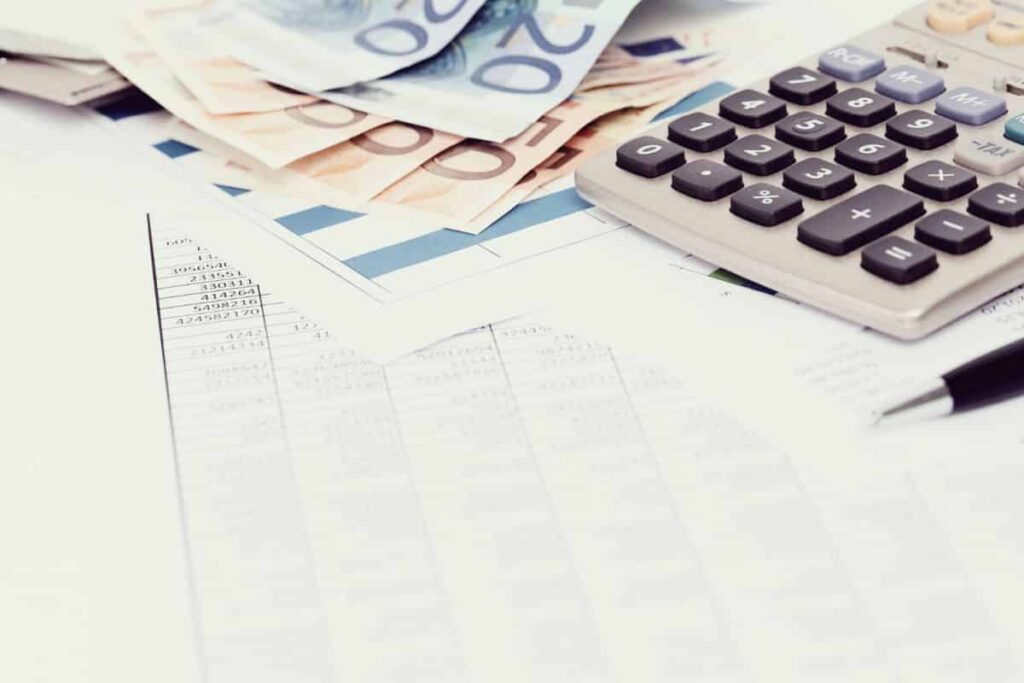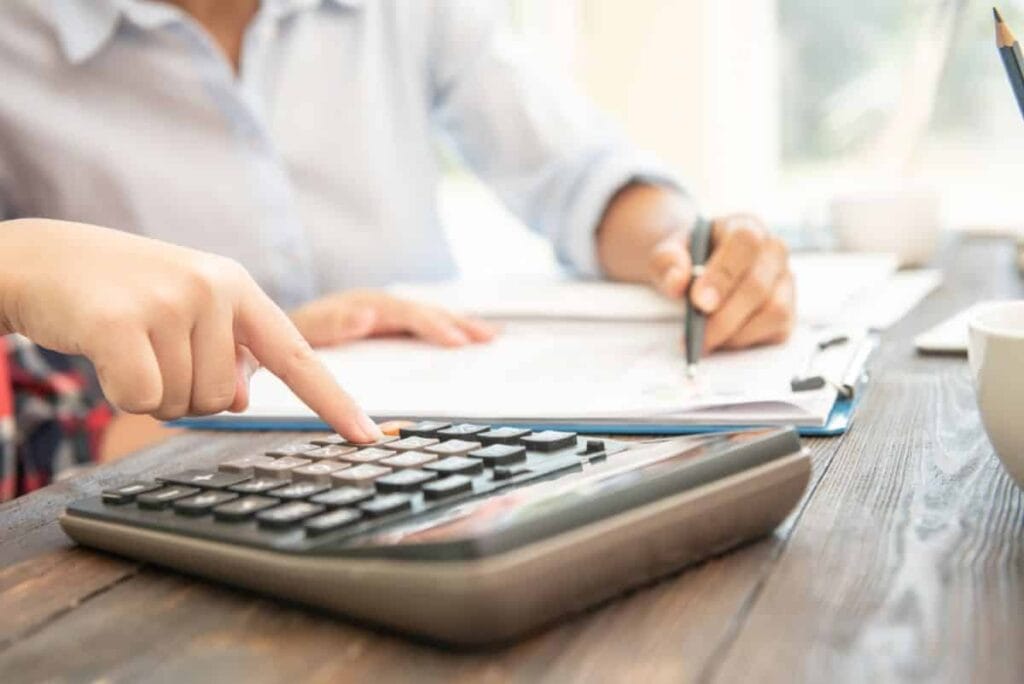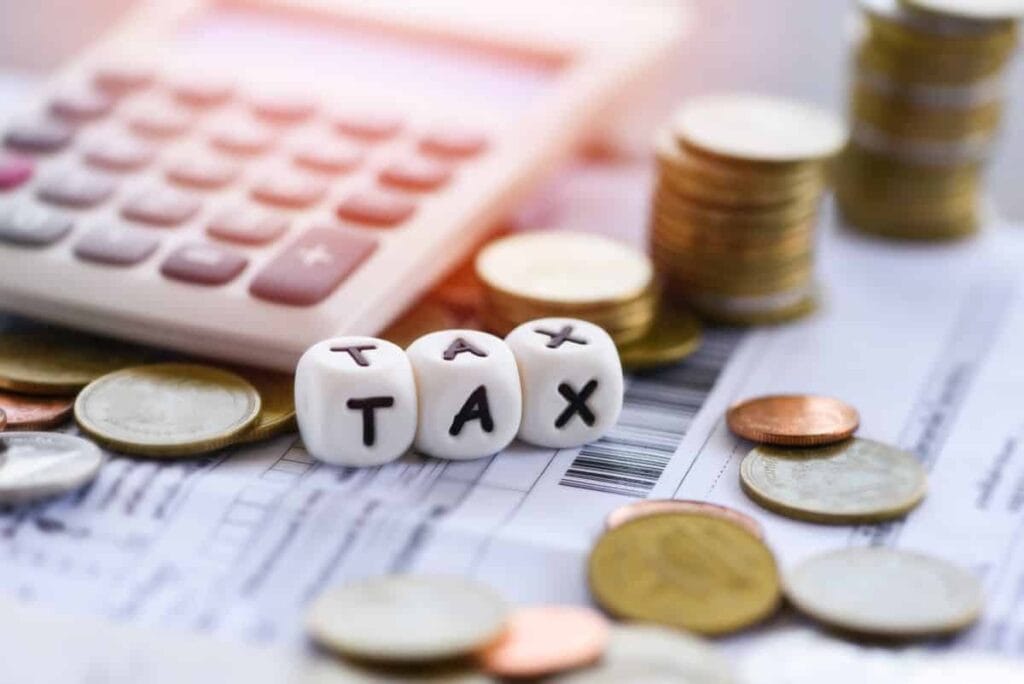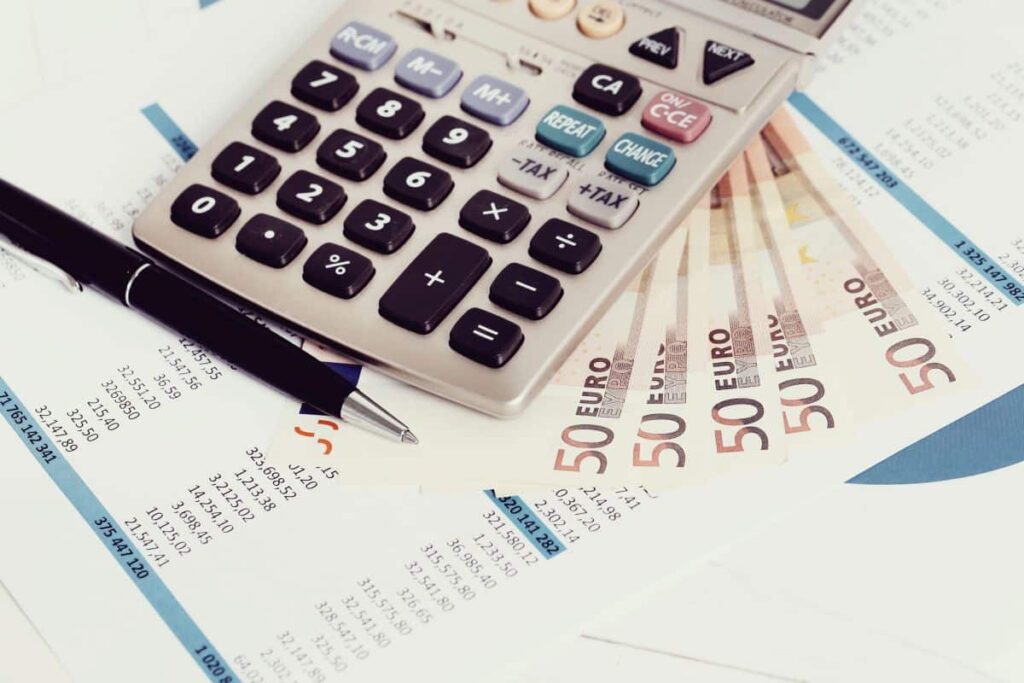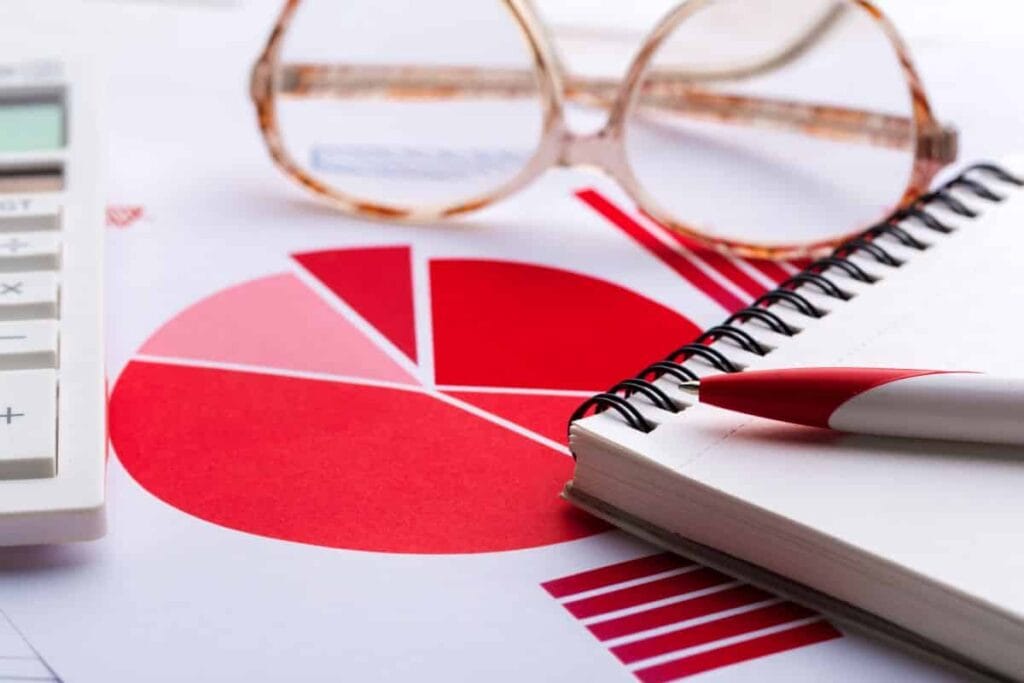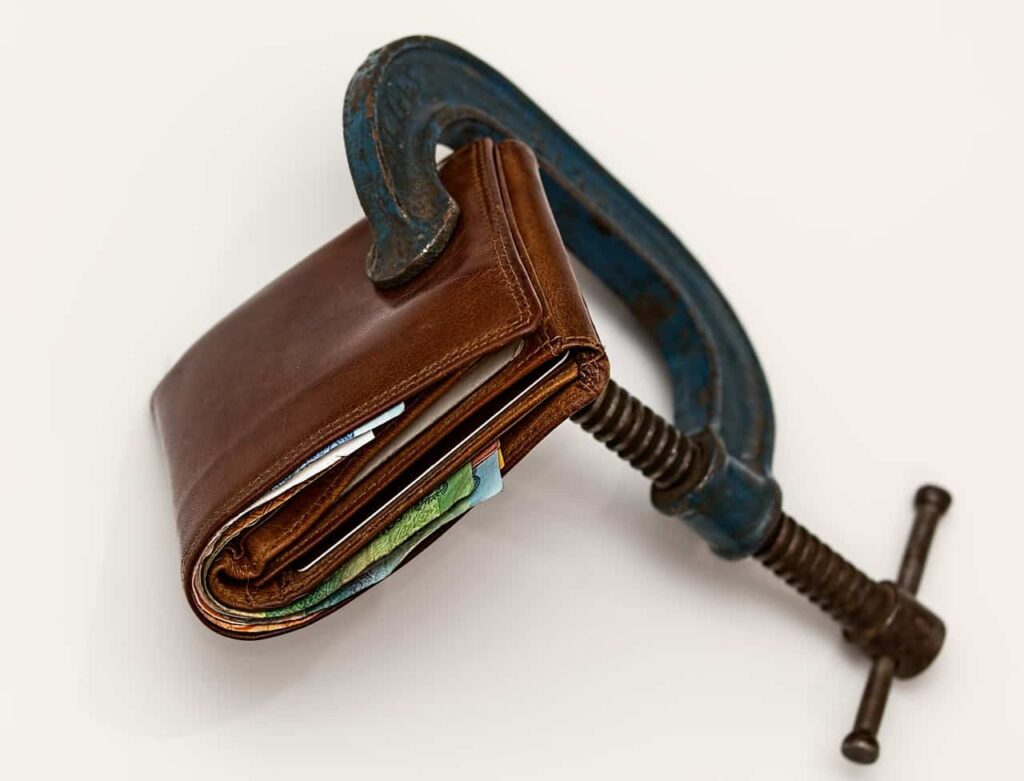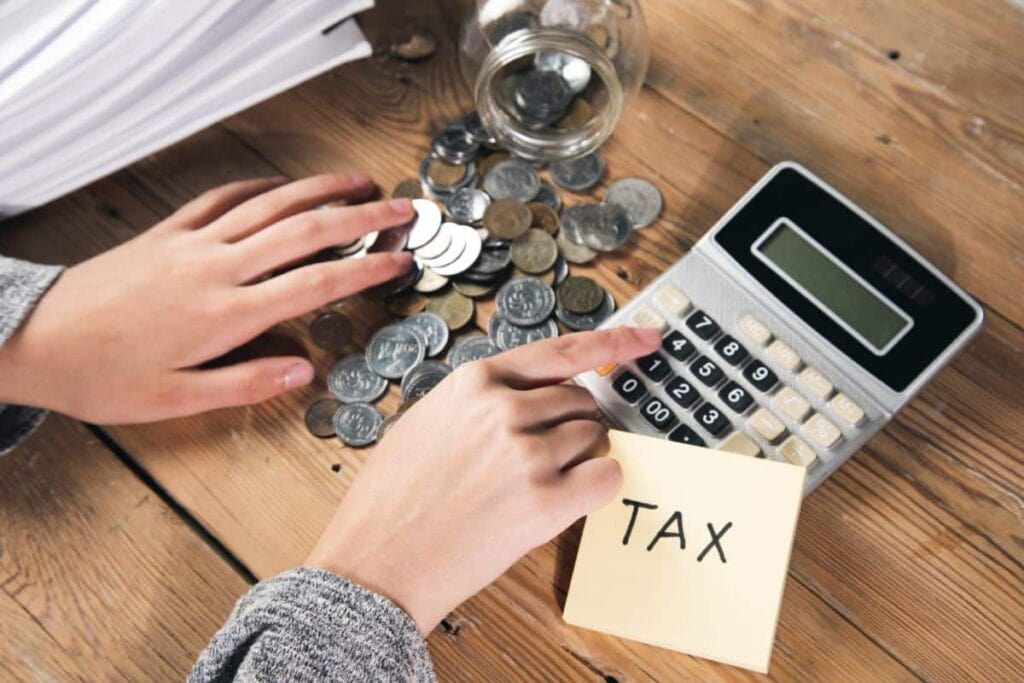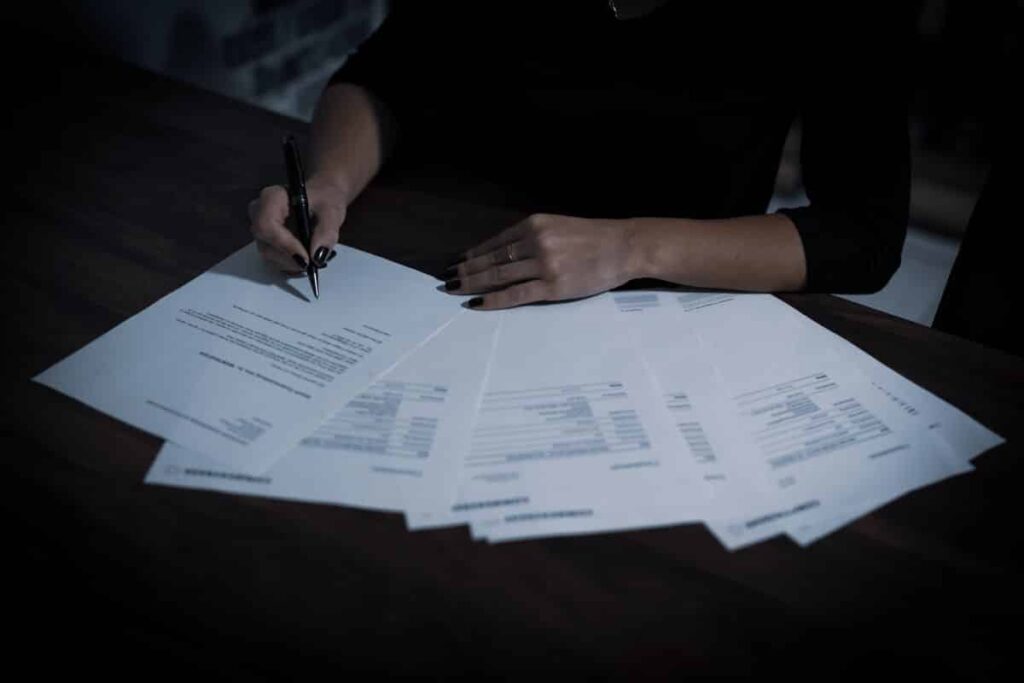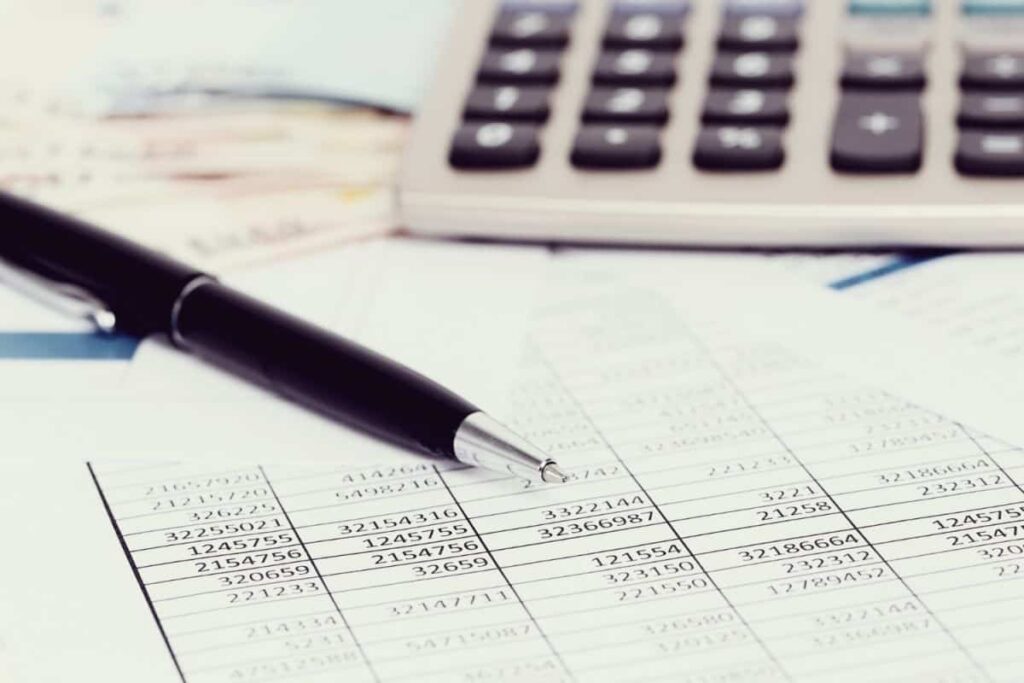Tips To Get Your Tax Files In Order
As the time for filing taxes draws near, it is imperative that you take this opportunity to organize your financial affairs. If you’re anything like the majority of individuals, the idea of having to deal with your tax files surely fills you with dread. But there is no need to worry about it because we have some suggestions that will make the process a little bit simpler. Therefore, continue reading to learn everything you need to know in order to properly complete your taxes for this year.
As the end of the fiscal year draws closer, it is time to start thinking about getting your tax files in order so that you can hand them in on time. Don’t worry if you have no idea how or where to begin; we’ve got you covered in every way possible. This essay will provide an overview of some helpful hints that will make the procedure as simple and straightforward as it can possibly be.
Are you one of the many people in Australia who dreads the time of year when taxes need to be paid? It’s easy to feel overwhelmed by the prospect of filing your taxes, but it doesn’t have to be that way. If you keep these suggestions in mind, you should have no trouble getting your tax documents in order. First things first, double-check that you have all of your information and documentation at the ready.
This includes any bank statements, records of your income, and receipts for any deductions you intend to claim. After you have gathered all of your information, you may file your taxes with the assistance of tax preparation software or online service. Before you send everything in, one last check should be done to ensure that everything is accurate. Filing your taxes will be a breeze if you follow these suggestions.
EOFY: Tips To Get Your Tax Files In Order
The end of the fiscal year (EOFY) may be a stressful time, particularly if you haven’t been diligent about maintaining accurate records or keeping track of your receipts. This can make the EOFY much more difficult. Gerry Incollingo, the Managing Director of LCI Partners, writes that due to all the changes brought about by the coronavirus, filing taxes has become a great deal more complicated. This is especially true when considering the number of people who work from home as well as the modifications made to the tax law.
In preparation for your appointment with a licensed tax accountant, we have compiled some of the most helpful advice that we can offer in this regard.
Locate your receipts and file them away.
Find all of your receipts, whether they are hidden in a shoebox, at the bottom of your handbag, or still scattered around your vehicle, and dig them out. Make a note in an Excel sheet of the quantities, suppliers, and job-related tasks that you used it for. Then, organize the documents in folders that are properly labelled according to categories such as expenses for travelling for work, expenses for working from home, and so on.
Go electronic
When it comes to simplifying the process of filing taxes, there are a lot of wonderful apps and online accounting tools available. You may simply use your phone to scan and upload receipts, as well as track GST and invoices. To assist you in organizing your tax documents, the government provides an app called MyDeductions as well as an online service called E-tax.
Be aware of the responsibilities that come with being an employer.
Even if you run a small family business out of the garage and just have one or two family members working for you, it is still your job to ensure that you are aware of all of the obligations that come with having employees. For instance, you should make certain that your payroll records are always up to date and that you provide PAYG statements well in advance of the deadline, so that your employees may file their tax returns.
Be sure to review your deductions.
If you are still working from home owing to snap lockdowns or your employer has decided that you are more productive from home, it is crucial to know what you are eligible to claim in order to maximize the amount of money that you get back from your taxes. Remember to add any charitable contributions and the quick asset write-off, if you are qualified for either of those deductions.
Contact a tax accountant
A certified public accountant is going to be up to date on the most recent modifications that have been made to the tax laws. They will ensure that you get deductions that you may not realize you are entitled to, and they will help you understand the more complex aspects of the tax, such as the taxes on capital gains and fringe benefits. If you are interested in hiring a certified public accountant, you can find one here.
A Few Pointers to Help You Get Ready for Tax Season
If you haven’t gotten yourself organized yet, now is the time to do so, since the formal deadline to file your tax return will close on October 31 for many people. If you haven’t done so already, you should get moving. Considering that 84 percent of taxpayers anticipate receiving a refund, it is in your best interest to organize your documents and make sure you are adequately prepared to file your tax return. The following are some helpful hints that you can use right now:
Put all of your documents in one convenient location.
The more organized you are, the less stressful the procedure will be for you, and the greater the likelihood that you will maximize the number of deductions available to you. You won’t be able to get the most out of your costs unless you keep detailed records and keep all of your receipts. Make sure that you gather all of your documentation in one location so that you can prevent unnecessary back and forth with your accountant.
Even though each person’s circumstance is different, as a general rule, the following documents should be obtained before you begin:
- a copy of the tax return from the previous year;
- documents relating to the purchase and sale of any shares, businesses, or properties;
- Information pertaining to private health insurance;
- Spouse details (if relevant);
- information regarding the children, including their dates of birth;
- a complete listing of all income, including income statements, income from rentals, interest, and dividends, as well as any income from other countries;
- Make a list of all of your expenses, including those associated with your job, any gifts you made, any money spent on furthering your education, and any money spent on handling your taxes.
You or your accountant may be able to get some of this information from the ATO. Examples of this type of information include income statements, details regarding payments made by Centrelink, and information about private health insurance.
Aside from refunds, the ATO is tightening down on questionable deductions, which means that if you intend to claim it, you need to be able to verify that you are entitled to it.
Please Specify Each and Every Work-Related Expense
Whether you work as a chef, a carpenter, or a copywriter, every job has a list of tax deductions that are unique to that profession. There is a good chance that you can get reimbursement for some of the costs associated with your place of employment. These might include things like car expenditures, uniform costs, mobile phone bills, and even union dues. Think about any items you’ve bought that are related to your employment or that help you perform your duties more effectively. It could be equipment that you use on the job, or it could be a membership to a newspaper that is specific to your sector. If the item is closely related to your job but your employer did not reimburse you for it, you may be able to write it off as a business expense.
Determine the method that you will use to file your tax return.
When you have finished collecting all of your information, the next step is to think about how you will submit your tax return. If you want to submit your tax return electronically, you can do so on your own with the help of our Online Tax Express Return software. We will provide you with tax guidance and suggestions at various points throughout the preparation process to ensure that you collect the most money possible from your refund.
Choose our Online Tax Adviser service if you anticipate that your tax return will be somewhat challenging or if you believe that you will require additional input from a tax professional. Comparable in speed, simplicity, and adaptability to our Online Tax Express service, with the added benefit of having our tax professionals handle all of the laborious work on your behalf. With Online Tax Adviser, all you need to do to get your returns prepared is upload your personal information and relevant tax documents, and we will do the rest, including maximizing your refund and submitting everything through our user-friendly and protected online portal.
Seek Help From Experts
According to the statistics, 74% of people in Australia seek the assistance of a tax agent while preparing their tax returns. It is always in your best interest to seek the guidance of a professional, as even information that appears to be unimportant to you could have a direct bearing on the tax return you file. Even while you might believe that handling your own taxes will save you money, doing so might instead cause you to lose out on deductions that you are eligible for. Expert guidance is both convenient and inexpensive because it is offered in a variety of packages and pricing points to accommodate a wide range of taxpayers and income levels.
Register Your Business Online With myTax
Using the free online service provided by the ATO known as myTax, you can submit your return. For online lodging, you are going to require a myGov account that is linked to the ATO. Returns that are submitted in this manner are typically processed within a span of two weeks.
Using myTax for lodging is simple and completely free. By the end of July, the majority of the information that pertains to your employer, banks, government agencies, and health funds will be incorporated into your tax return automatically. After confirming that the information is accurate, adding any income or deductions that are missing, and clicking the “Submit” button, all that is left to do is check the accuracy of the information. After that, MyTax will figure out your tax liability for you.
Declare All Your Income
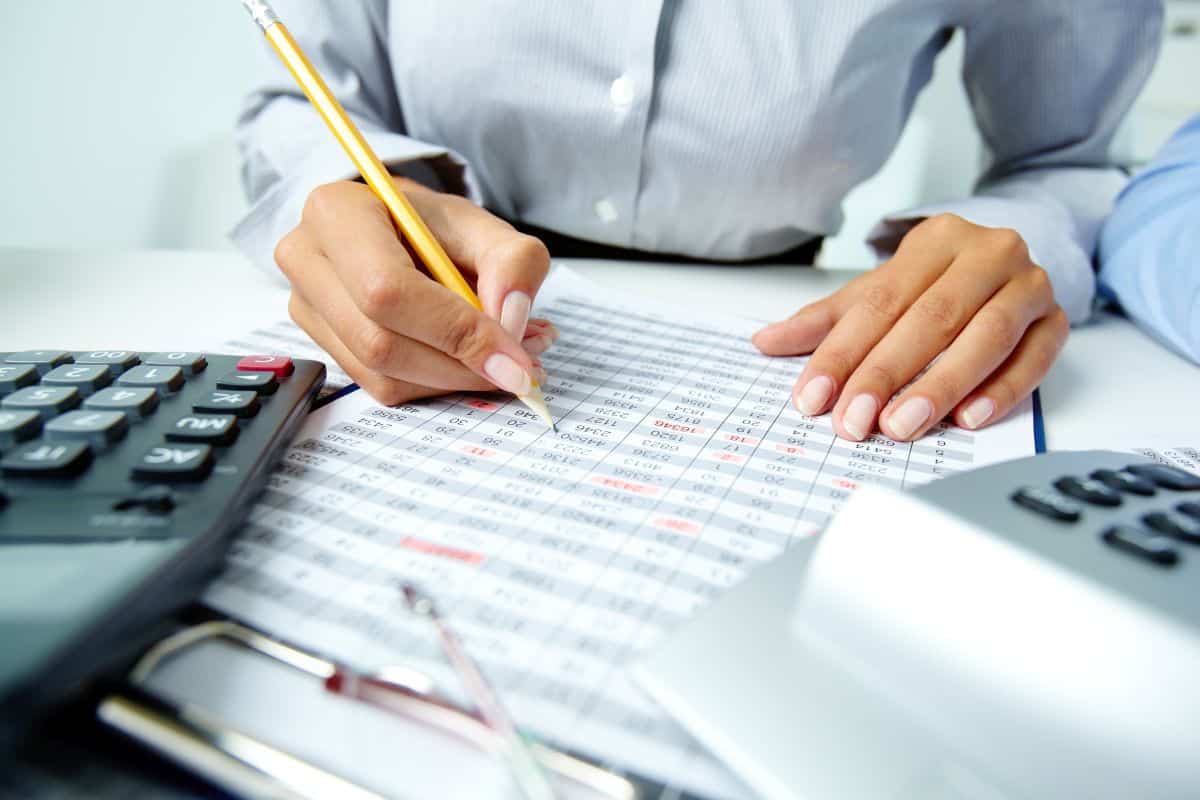
The ATO will pre-fill the majority of the information regarding your income based on the details it receives from your employer and banking institutions. It’s possible that there are other sources of income that you need to factor in.
The following are examples of common forms of income that are required to be declared:
- employment income;
- payments made by the government;
- super pensions and annuities;
- monetary gain from investments, which may include interest, dividends, rent, and capital gains;
- revenue generated by participating in the “sharing economy,” such as through Uber or Airbnb;
- compensation and insurance payments;
- Earnings from overseas
Claim Your Tax Deductions
Your total taxable income will go down if you itemize your deductions. You will receive a portion of the money, but it will not cover the total price of the tax-deductible good or service you are claiming.
You have the legal right to make deduction claims for certain expenses.
Work-Related Expenses
To be eligible for a deduction for costs associated with labour, you must:
- You must have put the money out of your own pocket and not been compensated for it;
- The expenditure needs to have a clear connection to the production of the income;
- You need to have a record to demonstrate this (usually a receipt).
If the expense was incurred for both personal and business reasons, the only portion of the expense that can be deducted is the business-related portion.
The following is a list of potential deductions you could submit for your expenses if they match the requirements outlined above.
Car and travel expenses: If you use your car for work, you might be eligible to deduct some of the costs associated with driving for work. This does not include the regular expense of travel between your house and your place of employment.
Expenses related to attire, including laundering and dry cleaning — In order to be eligible for reimbursement of the cost of a work uniform, the uniform in question must be one of a kind. For example, it contains your employer’s logo. You may also be eligible to claim a deduction for clothing that is particular to your occupation. For example, if you are a chef, you may be forced to wear striped pants, or if you work in a hazardous environment, you may be compelled to wear high-visibility gear.
Expenditures related to self-education: If the study is relevant to your current position, you may be eligible to claim expenses related to self-education. These may include course fees, student union fees, textbooks, stationery, internet, home office expenses, and professional publications.
You are eligible to take a deduction for any tools or equipment that you purchase that are directly related to the generation of your income. If the item or piece of equipment costs more than $300, the whole amount of the purchase is not immediately deductible. You will have to make your reimbursement claim over the course of several years.
The ATO has developed employment and industry guidance that can assist you in determining what you are eligible to claim and what you are not.
Investment Expenses
It’s possible that you’ll be able to deduct the expenses associated with generating interest, dividends, or other types of investment income.
Examples include:
- the cost of using borrowed funds to make financial investments;
- Expenses related to investment properties;
- purchasing magazine subscriptions and other publications;
- the funds that you forked over in exchange for financial advice.
More information regarding deductions for investment income can be found on the ATO website.
Expenses Incurred When Working From Home
There is a possibility that you could be eligible for a deduction if you are an employee who works from home.
Depending on the specifics of your situation, you have the option of calculating your deductions for working from home using one of the following three methods for the 2020-21 tax year:
- method of interim economization (available between 1 July 2020 and 31 July 2021);
- method with a fixed rate;
- technique based on actual costs
More information on how to compute expenses when working from home can be found on the website of ATO.
Other Deductions
You are also eligible to claim the following items:
- union fees;
- the expense of handling your tax responsibilities;
- insurance against loss of income (in the event that you do not pay for it through your super fund);
- personal super contributions you made to your super fund;
- gifts and donations made to organizations that have been certified as deductible gift recipients by the Australian Taxation Office.
What are some typical claims that individuals fail to remember?
According to Rebecca Morgan, an accountant with the National Tax and Accountants Association, there are a handful of things that individuals probably aren’t aware they can claim on their taxes, including the following:
- Income protection insurance;
- Donations;
- The cost of hiring an accountant as well as travelling to meet with them.
According to Ms Morgan, one of the most important things that people forget about is income protection insurance. She clarified that this does not refer to life insurance but rather the component that is tied to their income.
If you become ill or wounded and are unable to work for a predetermined amount of time, the insurance policy, which is also referred to as salary continuance, is designed to assist you in meeting your financial obligations during that time.
Even if you have it through your superannuation, you are not allowed to receive the premiums for it. It is for the insurance that you have purchased in addition to your superannuation.
Donations that you made in the preceding fiscal year are an additional common deduction that many people fail to take advantage of.
Ms Morgan advised, “People forget to claim for donations, and it’s crucial to keep track of your receipts since it’s totally deductible,” adding that “it’s important to maintain track of your receipts.”
And the other significant one is the fees that were paid to a tax agent for the tax return that was filed for the previous year.
Ms Morgan reminded everyone that “it is tax-deductible so it is important to keep that in mind.”
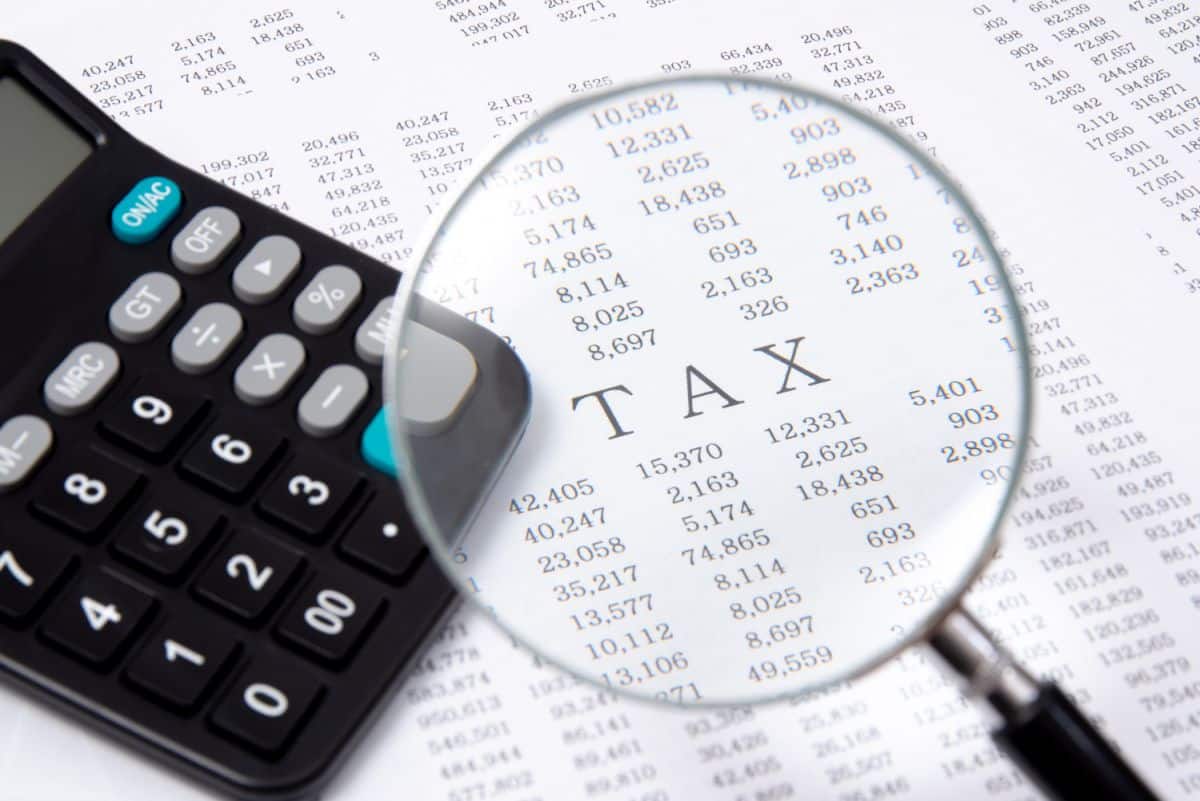
Be aware of what you are eligible to claim for your work
According to Karen Foat, an associate commissioner at the ATO, “However, it is essential to keep in mind that there is no such thing as a standard claim.”
Even if your coworkers make a claim, the only way for you to make a claim of your own that is comparable to theirs is if you comply with the three golden rules.
So keep in mind:
- You must have put the money out of your own pocket and not been compensated for it;
- It needs to have some kind of bearing on how you make your living;
- You are required to have a record to back up your claims.
Working from one’s own house
These days, many people choose to do their jobs from the comfort of their own homes, even if only for practical reasons.
Ms Morgan stated that if you work from home, you are entitled to a deduction of 52 cents per hour, up from the previous rate of 45 cents, and that this will cover your depreciation on office furniture as well as your electricity expenditures.
“That simplifies things as long as you keep a diary of how many hours you’ve used your office,” she said, “so at the end of the year you’ve got a record, and you can apply it against that rate.” “That simplifies things as long as you keep a diary of how many hours you’ve used your office,” she said.
You are able to make a claim for either self-education or reading that is related to your job.
You may be eligible to deduct some of the costs connected with independent study or self-education that is related to your current job, provided the following conditions are met:
- Your employment skills will either be maintained or improved, or you will learn something new that is relevant to your job;
- It will lead to an increase in the amount of money that your current job pays you.
These costs can include items like course fees, fees for the student union, textbooks, stationery, internet, home office expenditures, some travel, and professional magazines.
Even the cost of travel to and from your place of study is eligible for reimbursement, although it’s possible that the costs will need to be split up.
In addition, make sure that you submit a claim if your job required you to attend any conferences or seminars.
The number of cents charged each kilometre for commutes to and from work has increased.
According to Ms Morgan, it is essential to keep in mind that commuting from home to the workplace is not tax-deductible.
“But if… you’re travelling to an alternate place of work (for example, going to a client’s office for the day), you can claim for that,” she explained. “This includes any parking costs that are related to it.”
“If there are any overnight trips associated with travel, you may basically claim deductibles for your travel expenditures and, of course, meal costs as well.”
And if you use your own automobile for work-related travel, you have two options available to you:
The first option is to apply the new rate of cents per kilometre, which was implemented for the 2019 fiscal year. Historically, that was 66 cents per kilometre, but as of recently, it has increased to 68 cents per kilometre.
“All people need to do is keep evidence,” she said, “whether it’s in the form of diary records or if they take regular trips, a reasonable calculation of what kilometres they did, and that’s just capped at 5,000 kilometres if you’re using the cents method.” The evidence can be in the form of a diary record or a reasonable calculation of the kilometres travelled.
Keeping a logbook and meticulous records of all of your expenditures constitutes the second strategy.



